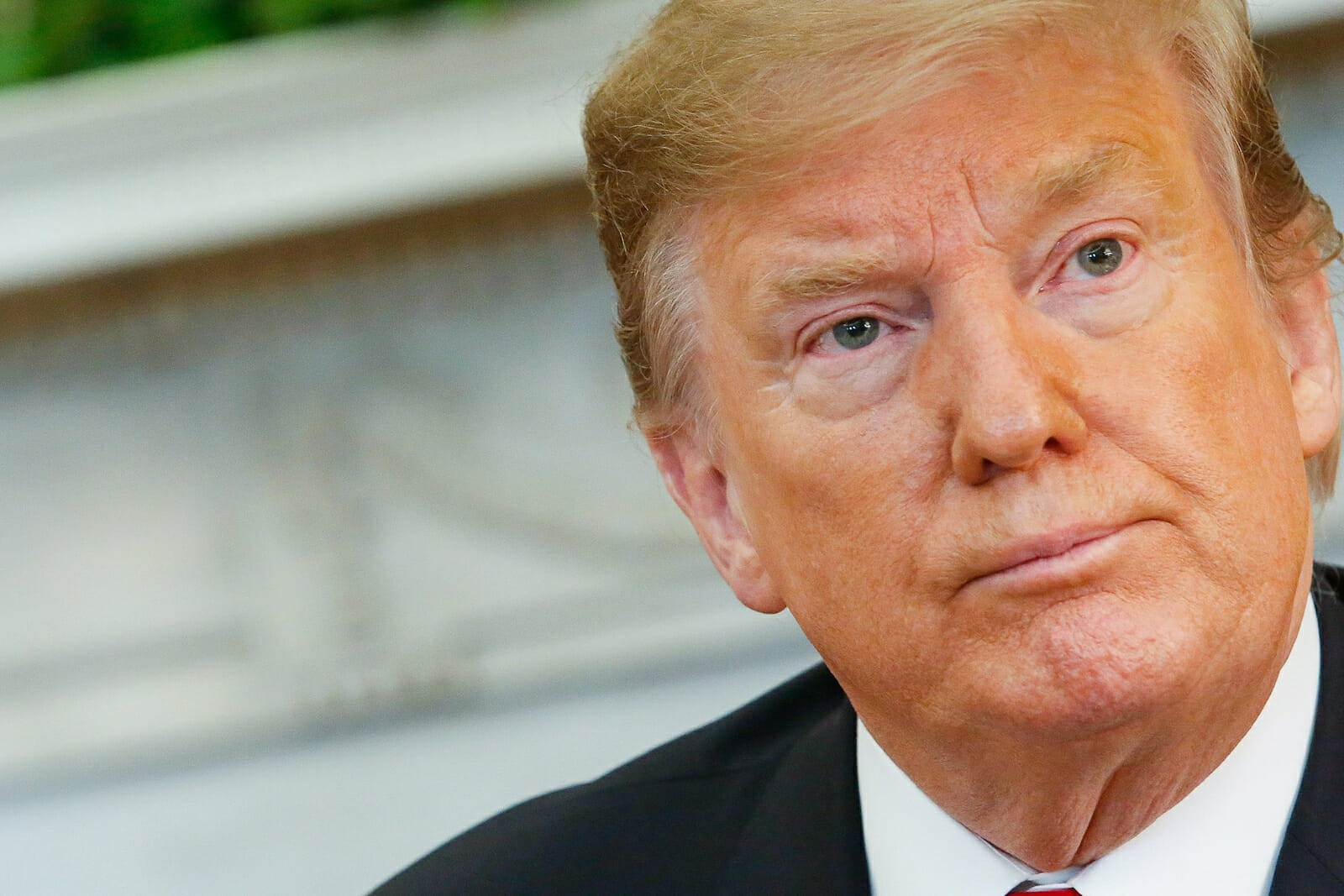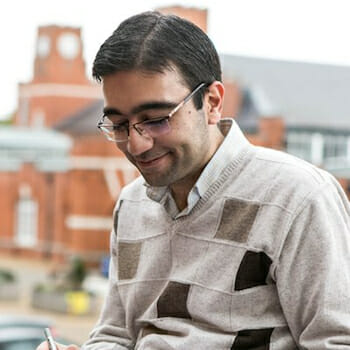
President Trump is Getting it Wrong on the ‘Nation of Terror’
If you rely on the mainstream media to help you shape your understanding of a mysterious place like Iran, you probably have a ghastly image of the country. The official narrative in the United States is that Iran is a state sponsor of terrorism and the cause of all the misfortunes in the Middle East. This narrative, corroborated by successive US governments since the 1979 revolution, fundamentally underplays the human face of the country and is an impediment to robust relations and a constructive dialogue between the peoples of Iran and the United States.
It’s true that the Iranian government’s relations with much of the world have been imbued with challenges since the 1979 revolution and over the recent two decades, tensions reached a boiling point as Iran’s nuclear program became a barometer of its international standing.
While Iran was being sanctioned and isolated for its nuclear ambitions beginning in the early 2000s, the global media also pressured it through their coverage. Reference to the country’s nuclear program became a fixed theme in the international media’s coverage of Iran and with rare exceptions, the mainstream media rehearsed this debatable assertion that Iran was a threat to global peace and security.
Coverage of Iran’s nuclear program was so omnipresent that almost nothing else about Iran mattered to the editors. The fact that the mainstream media turned a blind eye to Iran’s arts, culture, sports, history, scientific contributions and youth throughout these years represented a dehumanization of 80 million people who on many issues disagree with their government and have courageously shown their desire for change.
The Joint Comprehensive Plan of Action, signed in July 2015 by Iran and six world powers was a critical moment for both Iran and the international community. It was important for Iran because the Tehran government agreed to make significant compromises to roll back many parts of its nuclear program, in order for its economic and political relations with the world to be normalized.
This moment was also defining for the international community because it was given solid assurances that Iran will never develop nuclear weapons. The deal put forward a logical solution to a crisis that had proven to be unsolvable for two decades.
The Iran honeymoon deal, however, didn’t last long and in May 2018, President Donald Trump unilaterally pulled the United States out of the JCPOA.
In the interim, the global media’s coverage of Iran continued to revolve around the same old themes: sanctions, talk of war, verbal threats, Iran not acting as a normal country, and so on.
The bellicose approach adopted by the Trump administration and his vituperative rhetoric on Iran profoundly affected the global media’s trajectory. These days, while surfing the news websites, turning the pages of newspapers or switching between TV stations, it’s almost impossible to find any encouraging report or news story about Iran – something that tells you Iran is also a country with people who have aspirations and dreams, natural landscapes that are unique, architectural sites that are ancient and human stories that need to be told.
On several occasions, President Donald Trump referred to Iran as a “nation of terror.” I don’t want to refute him by listing all the contributions Iranians have made to arts, culture, and sciences since the Achaemenid Empire was founded in 650 BC. I don’t want to come up with a long list of Iran’s Muslim scholars and literary figures such as Avicenna, Rhazes, Rumi, Hafez, and Khayyam who the Western world sincerely cherishes. I also don’t want to ask President Trump to look around in the United States and remind himself of names such as Anousheh Ansari, Firouz Naderi, Omid Kordestani or Pierre Omidyar, the Iranian-Americans who have revolutionized their fields. And I don’t want to tell President Trump that when ISIS was expanding its menacing domination over the Middle East, there was not a single Iranian fighter but hundreds of UK and France-born militants.
I only want to ask President Trump to take advice from more reasonable people who don’t shy away from publicizing their desire for waging wars and devastating lives. The words of great leaders leave lasting impacts and for a leader such as President Trump to talk of Iran as a “nation of terror” is not simply morally wrong; it alienates millions of Iranians who believe in engagement and agree with Stephen Kinzer that Iran and the United States are not fated to remain enemies forever.
